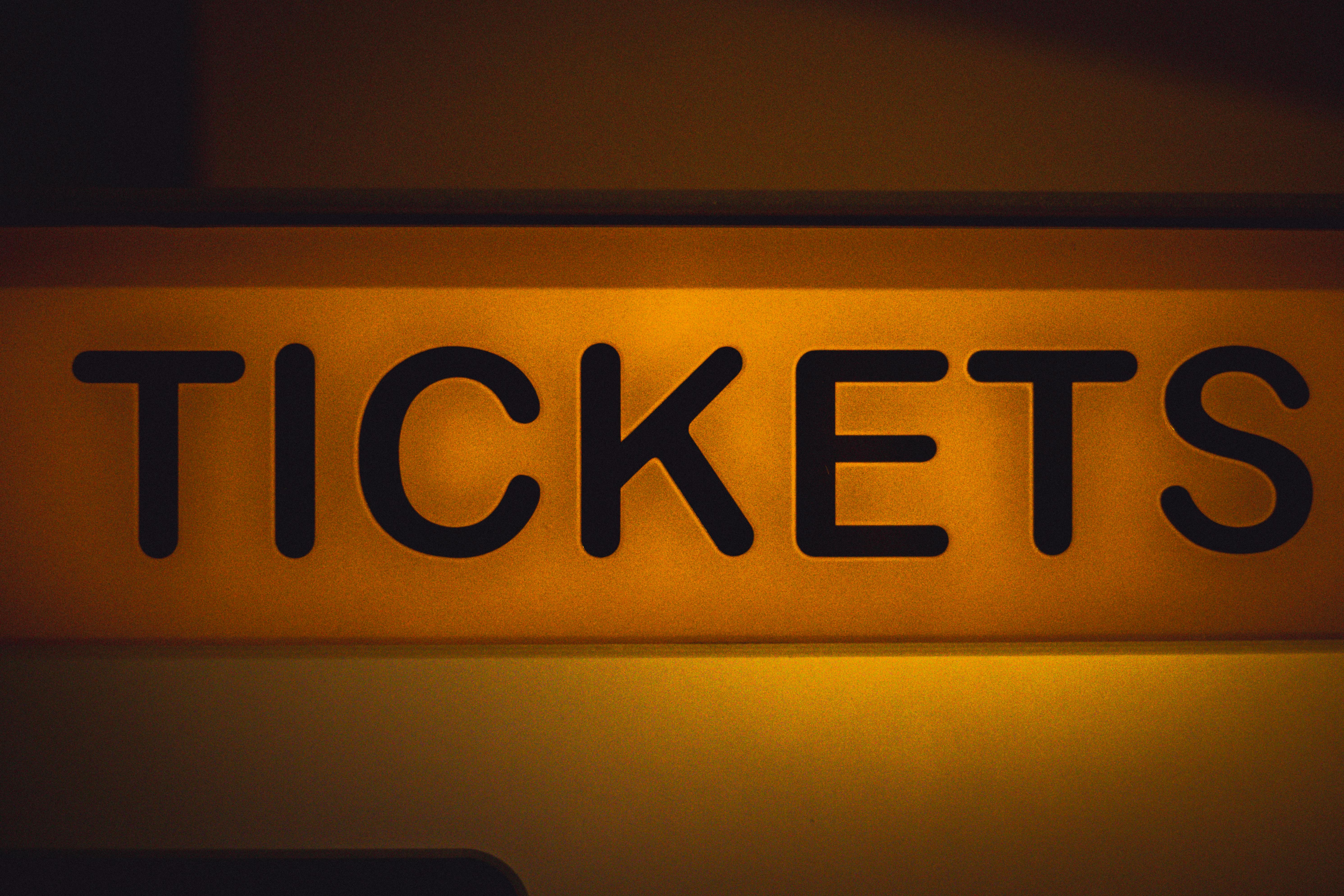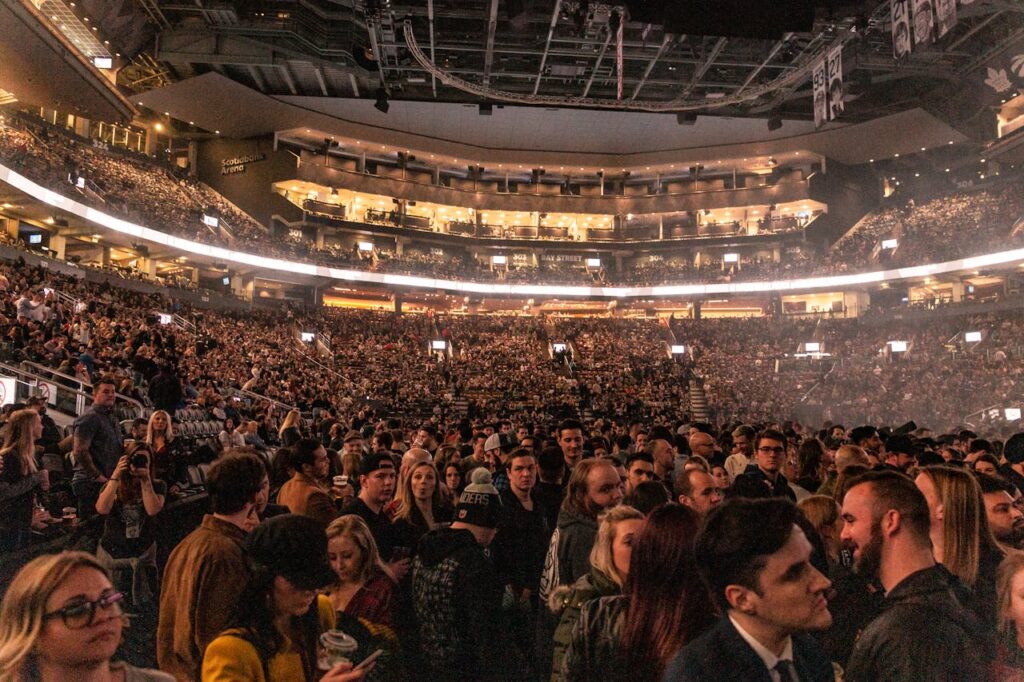The ticket resale market can be highly lucrative, but success depends on the platforms you use, the timing of your listings, and understanding event-specific dynamics. Below, we outline a comprehensive strategy for ticket reselling, backed by real examples and insights.
Best Platforms for Ticket Resale
- StubHub: A global giant with high buyer traffic, StubHub is excellent for major events like concerts, sports playoffs, and festivals. It offers demand metrics, such as ticket views, which can help sellers optimize their pricing. However, its 15% commission can eat into profits for lower-value tickets.
- Ticketmaster Resale: Best when Ticketmaster is the official partner for an event. Its Verified Resale program ensures ticket authenticity, which builds buyer trust. However, its policies are stricter compared to other platforms.
- Vivid Seats: Great for targeting sports and live events with less competition, especially for MLB or niche concerts. Vivid Seats offers loyalty rewards for buyers, fostering repeat sales.
- SeatGeek: With a Deal Score feature that attracts buyers and partnerships with major sports leagues like the NFL and NHL, SeatGeek is ideal for sports tickets. However, its reach is primarily U.S.-focused, limiting opportunities for international events.
Timing: When to List Tickets
Timing is crucial. For high-demand events, consider these strategies:
- Concerts and Festivals: Listings typically perform best shortly after tickets sell out on primary platforms. For instance, Taylor Swift’s Eras Tour saw resales surge immediately after ticket sellouts, with peak prices achieved a few weeks before each show.
- Sports Events: List tickets for key games with historic significance or rivalries as soon as matchups are confirmed. During the 2023 NBA Finals, ticket prices for pivotal games spiked dramatically in the week leading up to the events.
- Theater Tickets: Broadway shows like Hamilton consistently sell well, but listings should align with holiday seasons or award announcements to maximize demand.
Strategies for Maximizing Sales and Profits
- Leverage Multi-Platform Listings: Listing tickets on multiple platforms increases exposure. Use tools or services to synchronize listings and ensure that sales on one platform automatically remove listings from others.
- Understand Platform Strengths: For events with regional appeal, choose platforms with strong local presence. For example, Vivid Seats may outperform StubHub for Chicago Cubs games due to regional fanbase concentration.
- Dynamic Pricing: Monitor competing listings frequently. Use tools like SeatGeek’s Deal Score or StubHub’s demand metrics to adjust your prices dynamically.
- Season Ticket Splitting: For sports teams, splitting a season ticket package into individual game listings often yields higher profits. Double-check terms to avoid restrictions.
When to List on Every Platform
For massive events with global appeal, such as the FIFA World Cup or the Super Bowl, listing on every major platform is wise. These events attract buyers from around the world, and maximizing visibility is crucial. In such cases, platforms like StubHub, Ticketmaster, and SeatGeek should all be utilized.
Cautionary Notes
- Rotating Barcodes: Each platform has unique policies, such as barcode or listing requirements. For instance, SeatGeek requires static barcodes, while Ticketmaster may utilize dynamically rotating barcodes. Misunderstanding these rules could result in listing errors or ticket invalidation.
- Market Saturation: For smaller events or those in less popular markets, oversaturation can lead to declining prices. Research market trends and avoid listing tickets for events with high availability unless you can offer a clear competitive advantage.
- Compliance with Local Laws: Ticket resale regulations vary widely by region. For example, states like New York have strict scalping laws, and selling above face value may be illegal in some jurisdictions. Ignoring these laws could result in penalties.
The Eras Tour saw explosive demand on resale platforms. Tickets initially purchased for $200 were often resold for upwards of $1,500 as the tour neared. Sellers who listed on multiple platforms like StubHub and Ticketmaster had the highest success rates, particularly in cities with multiple show dates where demand remained strong over time.
By combining strategic timing, platform-specific knowledge, and dynamic pricing, ticket sellers can maximize profits while minimizing risks. Whether you’re flipping Broadway seats or playoff tickets, the right approach can turn a small investment into a profitable venture.



